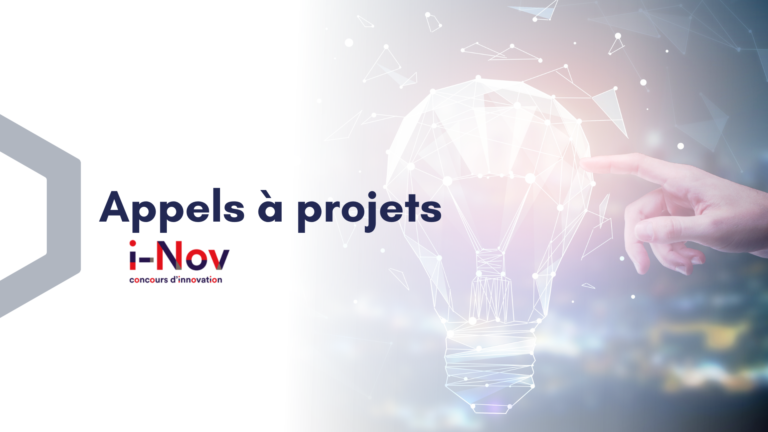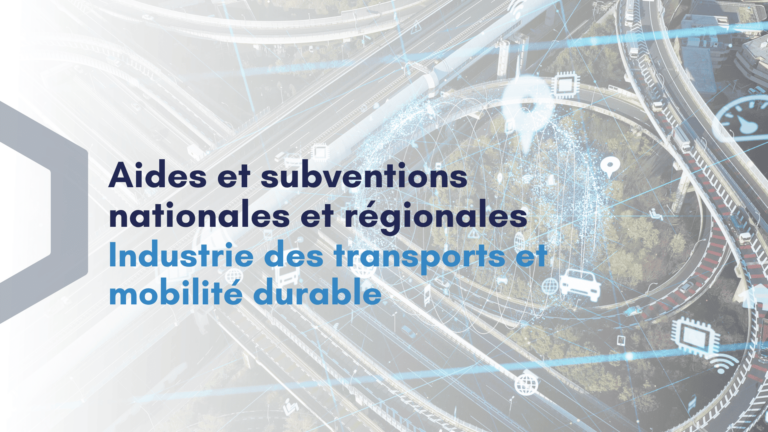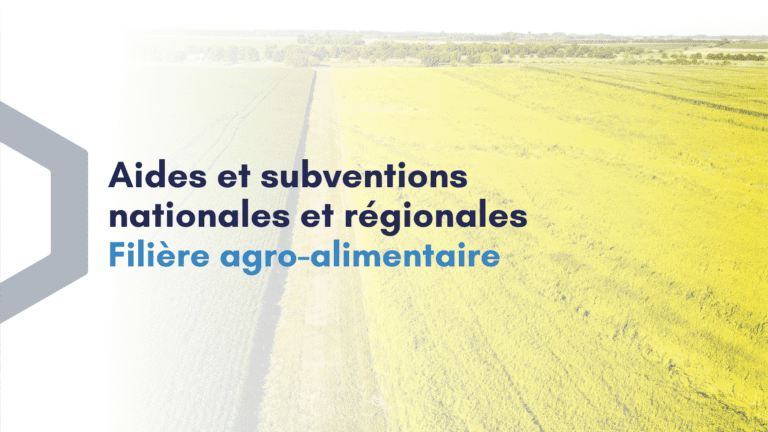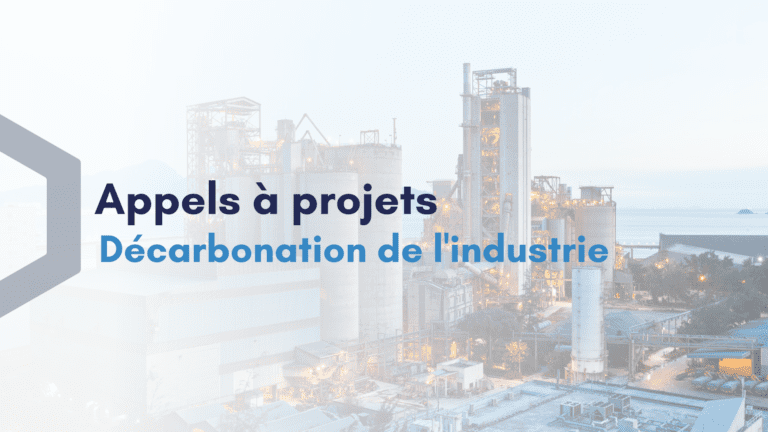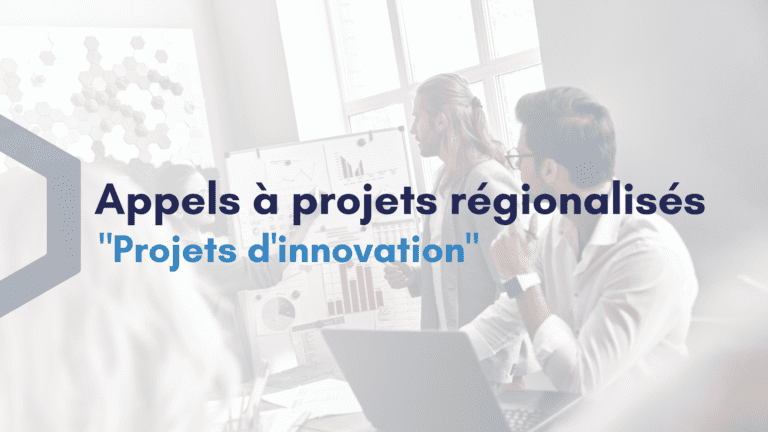You want to develop a research or innovation project at the European level? Are you lost in the complexity of the systems? You don't know where to start?
This webinar is made to enlighten you thanks to the advice of:
- Isabelle Dupret (Research and Innovation Director of Segula Technologies / Independent expert at the European Commission)
- Jérôme Billé (PCNPME H2020 / General Delegate of France Innovation & ASRC)
- Antoine Verrier (Consultant at G.A.C. Group)
It will allow you to discover :
- European funding opportunities dedicated to research and innovation projects: in all sectors of activity and for all project leaders (SMEs, large companies, research centers, universities, etc.).
- The main European funding (SME/Accelerator Instrument, Fast Track to Innovation, Marie Sklodowska-Curie Actions, etc.)
- Pragmatic feedback according to 3 expert profiles (setting up, coordination and support of European projects).
To access the replay, fill out the form below.
Among the multitude of European programs available, we have focused here on the two main ones (those that come directly from the Commission):
- Top Down: Horizon 2020 (2014 - 2020) and Horizon Europe (2021 - 2027)
- Bottom Up : Eureka
We will also detail during this part the subtleties to be known to claim these aids / subsidies as well as the way in which you could cumulate Research Tax Credit and European Aids to Innovation.
In this section, we will explain the new program "SME Instrument Phase 2" which is now called "EIC Accelerator Pilot" (EIC).
In the new Horizon Europe 2021 / 2027 program, we have this EIC gas pedal with a new dimension, equity! The commission can therefore intervene, beyond the grant, on the shareholding of your company.
The ambition of the EIC is to transform your company into a "champion" regardless of the subject: you can't be off topic!
As Innovation & Research Director for a Key Account and as an expert with the commission, Isabelle Dupret does us the honor of giving us her pragmatic advice for getting involved in a European collaborative project as well as the pitfalls avoid before considering it.
The general idea is that when we realize that we need to consider a large-scale, risky, even "disruptive" project, we can pool our know-how while benefiting from financial assistance to carry out this project (grants that can reach 100% of the project's costs...).
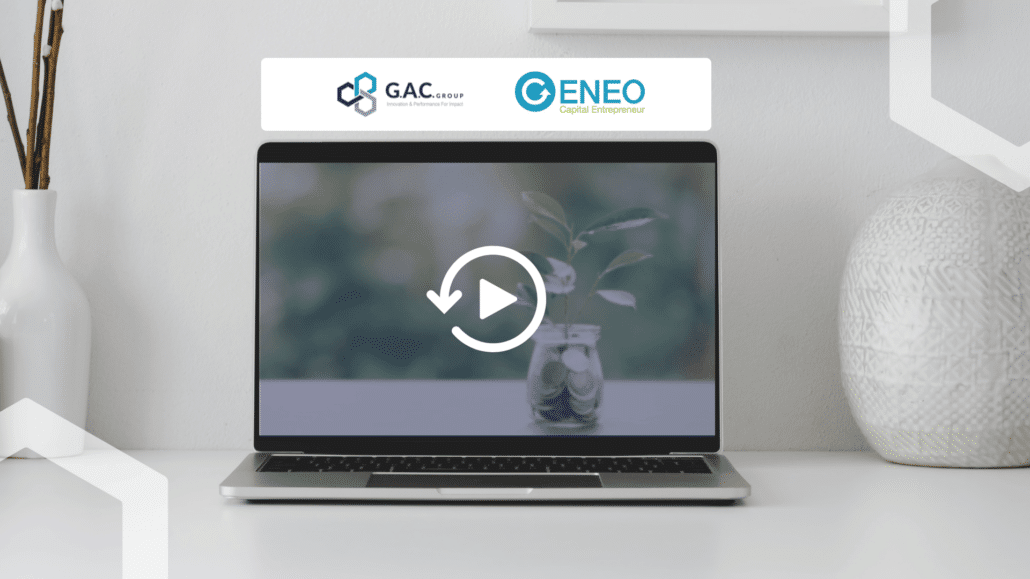
How can you boost your positive-impact projects with public and private funding?
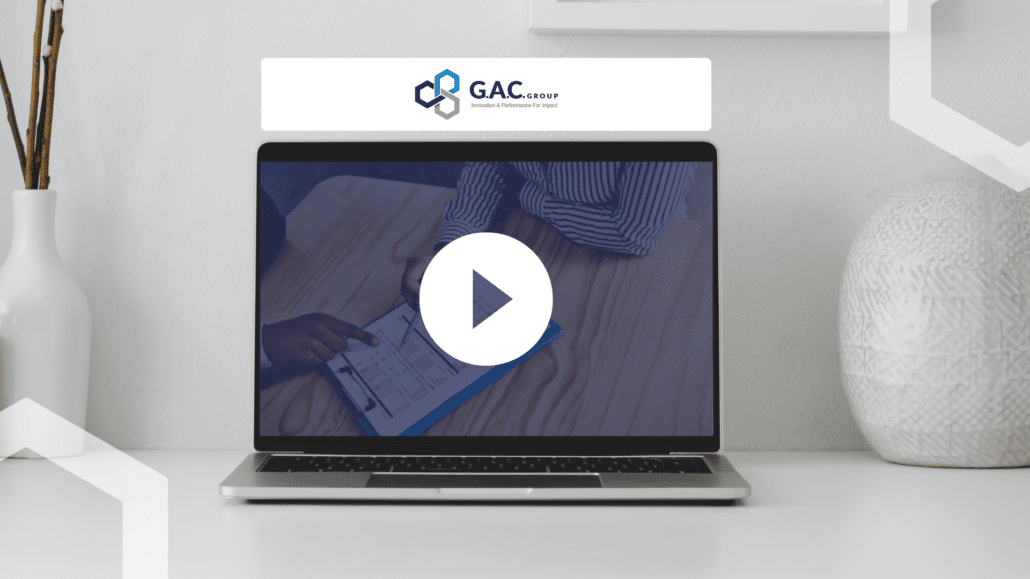
CIR & tax inspections: how to meet the authorities' requirements and secure your tax credit?

Eco-responsible packaging: innovation to meet the challenges of the food and cosmetics industries


